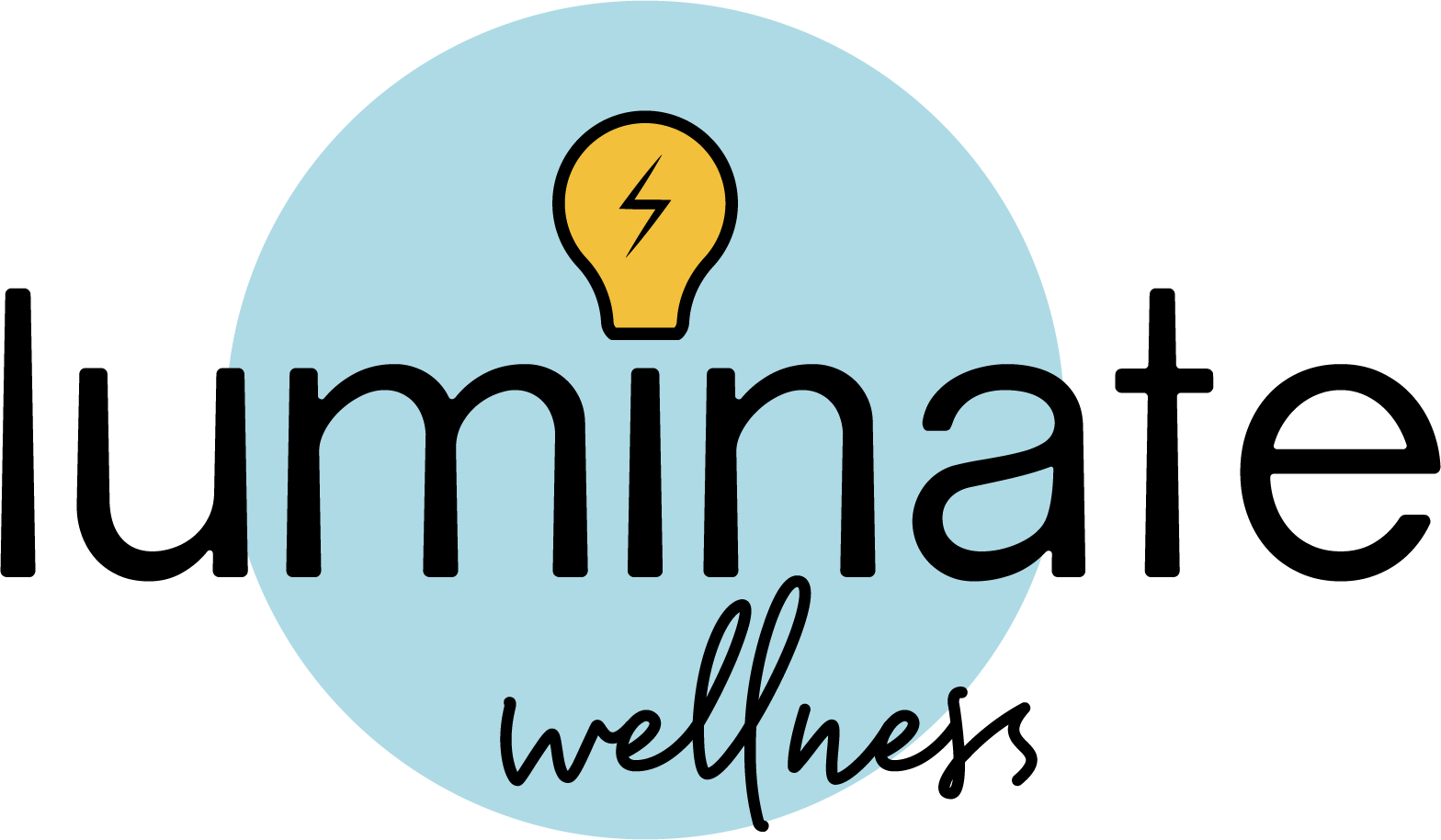We are here to meet your training needs, because…
Facilitator Jenn Cusick has managed peer support programs since 1999.
This training provides a very high-quality peer support training.
Jenn Cusick was the writer/developer of the BC Peer Support Training Curriculum (peerconnectbc.ca).
This training is inline with Peer Support Canada’s knowledge matrix and Standards of Practice.
With a deep foundation in developing peer support programs across British Columbia, our training is crafted to provide high-quality education grounded in best practices. Developed by the author of BC’s Peer Support Training curriculum, our program ensures that your peer support staff are equipped with skills that align with industry standards and foster meaningful, supportive connections within your organization..
Why Peer Support?
Peer support is a movement that is spreading across the world, because it is client-centered, and it to transforms systems. Peer support is powerful and transformative because it creates a space of shared understanding, where people can connect through lived experience, fostering trust, hope, and growth in ways that traditional support systems often cannot. Peer support is rooted in self-determination. Peer support values each person’s unique perspective and encourages growth through mutual respect and compassion.
Who Is This Training For?
Our Peer Support Training is tailored for peer support workers dedicated to serving individuals with mental health and substance use challenges. Peer support staff need skills and tools to support people with a peer lens. Often peer support is embedded in clinical settings, but peer support isn’t clinical–it’s about relationship, connection, and hope.
Flexible Learning Options
To meet diverse needs, our program is available on a Zoom format. We can do some in-person session, but that will require travel. We can tailor the training to meet your time constraints and budget.
What We Cover
Our training is grounded in:
Supporting Self-Determination
The training fosters an environment of self-determination, where each person is honored as the expert on their own life. Participants learn to support without fixing, saving or advising, creating a space of autonomy, connection, and growth.Unpacking our Biases
We explore the roots of judgment, noticing and challenging our explicit and implicit biases. Peer supporters learn to navigate these biases, fostering open conversations that respect diverse perspectives.Cultural Humility
Our approach to cultural humility emphasizes self-reflection to recognize biases and approach each interaction from a stance of "not knowing."Trauma-Informed Communication
We explore what trauma is, and what it means to be trauma-informed, and how to communicate in a way that supports healing and prevents re-traumatization.Strength-Based Approach
The training focuses on recognizing and amplifying each person’s strengths and capacities.Self-Care for Peer Supporters
Effective peer support requires balance. We cover strategies to protect well-being, prevent burnout, and establish boundaries that allow for genuine, sustainable support.
The Following are the modules we can draw from for your training. We can create a custom training that meets the needs of your team!
These modules are from the BC Peer Support Training Curriculum, but they have been enhanced and updated, as Jenn Cusick has continued to add to them (the updates are only available with a Luminate Peer Support Training.
1. The Foundations
This module is an introduction to the training. It covers topics that will be reflected in the rest of the training such as sitting with discomfort, interconnection, empathy, dealing with uncertainty, and hope.
2. Peer Support & Wholeness
This module is an intro to the paradigm shift from clinical work to peer support work. It covers a basic history of peer support, learned helplessness, and some basic elements of the role.
3. Self-Determination
Most meaningful change comes from our own intrinsic (internal) motivation. In this module we look at how we can create an ecology that supports someone’s self-determination, and steer away from advice-giving.
4. Categories & Containers: Unpacking Our Biases
In this module we unpack why we judge and have biases. We look at how we can mindfully work with our explicit and implicit biases.
5. Cultural Humility
Culture is inextricably connected to belonging. This module covers the importance culture plays in our overall wellness, and how we can approach cultures different than our own with a spirit of humility.
6. Understanding Boundaries & What it Means to Co-Create Them
Clarity about what is ok and what is not ok in a relationship keeps us in connection with others. This module explores what co-created boundaries are, and how the mutuality of peer support may make boundaries look different than they might look in clinical work.
7. Connection & Communication
Relationship is at the core of peer support. In this module we unpack the importance of intentional communication, through deep listening, sharing your story, cultivating compassion, and transforming conflict.
8. Healing-Centered Connection: Principles in Trauma-Informed Care
A large percentage of people served by the healthcare system have experienced trauma. This module examines what trauma is, the impact of systemic trauma, how trauma impacts the nervous system, and the principles of trauma-informed care. Creating safe spaces where connection can occur is important.
9. Social Determinants of Health
This module looks at how inequitable, and unjust societal issues greatly impact a person’s access to healthcare and in turn their overall well-being. This is important because peer support is counterculture by nature, and activism and supporting societal change is a big part of our work.
10. Supporting Someone Who Is Grieving
Many people feel unsure how to support someone who is grieving. This module covers the importance of acknowledgement, bearing witness to someone else’s pain, and how it is essential that we avoid platitudes, and stop attempting to fix that which can’t be “fixed.”
11. Substance Use & Peer Support
There are many layers of complexity around substance use. This module digs into those complexities through exploring harm reduction, and the history of prohibition, the war on drugs, the criminalization of those who use drugs, and the dehumanization that people who use substances are faced with.
12. Mental Health & Supporting Those in Crisis
Setbacks come with the journey of recovery. This module explores some basics about mental health and supporting someone through crisis.
13. Goal-Planning
Often peer support includes working towards goals. This module introduces a paradigm shift where we support someone to dream and create a vision before we move into setting outcomes-focused goals.
14. Building Personal Resilience
When we are supporting others, we can sometimes put our well-being on the backburner. This module shares practices that support our own well-being, so we can prevent burnout–ex. creating wellness plans, self-compassion, mindfulness, and protecting ourselves from re-traumatization.
Ready to Invest in Peer Support
for Your Team?
Join us in building a workplace culture where peer support is a pillar program offered by your organization. By equipping your peer support team with specialized peer support specific skills and practices, you’re setting the stage for meaningful change for the people you support and for your organization.
Let’s work together to create an ecology where peer support workers feel equipped and supported
to provide the most compassionate and effective support possible!
Contact us today to learn more, schedule a consultation, or sign up for our upcoming training sessions.
Jenn Cusick is the facilitator of this training. She brings over 25 years of experience in Peer Support, having managed a Peer Support team for 15 years. She started up and led WRAP initiatives across Western Canada. She has consulted with numerous agencies to build effective peer support programs.
She is also the author of several different peer support focussed curricula including:
Post-Secondary Peer Support Training Curriculum (which she won the Merlot
Foundations of Well-Being
Foundations of Support
and various smaller programs.
Jenn’s understanding of mental health challenges is deeply personal, shaped by her work as a mental health professional, her own mental health journey, and her experiences as a family member.

